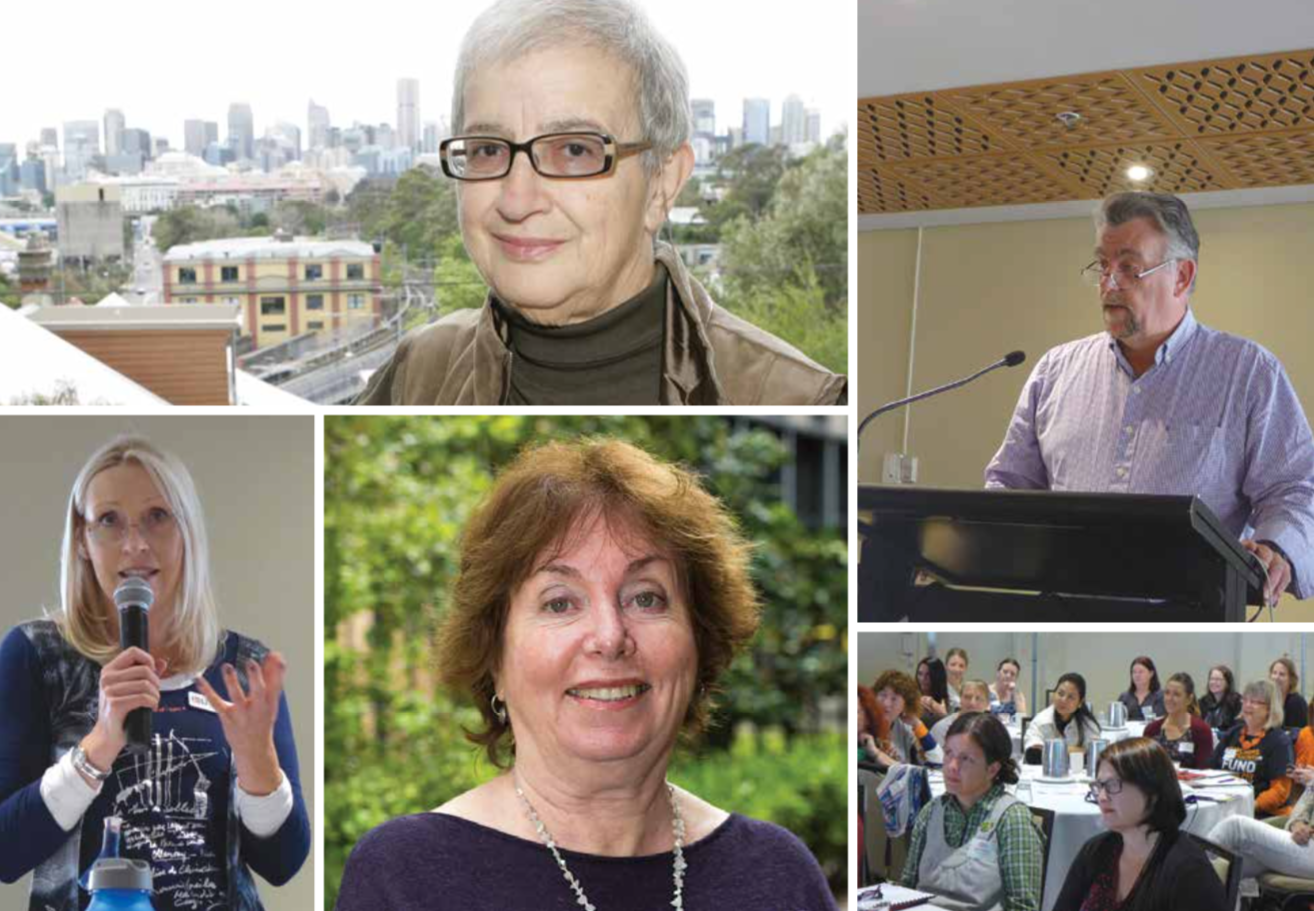The 130 delegates to the IEU Early Childhood Conference felt “empowered and engaged” after a full day of speakers, workshops and networking at the Mercure Sydney on 29 August.
IEU ECS Vice President Gabe Connell kicked off the conference in her inimitable style with her opening address.
Her first words were: “Last year I called my speech ‘Can it get any worse?’ In a word – yes! It has got a lot worse. There was the hope that a new Minister would mean more common sense but it seems not. There was the hope that the review of the whole system would lead to positive changes but the release of the Regulatory Impact Statement already raises questions.”
She finished with: “But seriously guys, if we don’t fight now, and fight hard in solidarity we might find our epitaph is:
We belonged
We were
We became – extinct.
“Please everyone – become active and fight for yourselves and your families. It is after all your future.”
Conference Convenor Lisa James said the conference was an opportunity to “deconstruct the child care package recently announced by the Federal Government, as well as the negative impact of changes to preschool funding made by the State Government”.
IEU General Secretary John Quessy focused on industrial and professional matters in his speech, outlining the accreditation process for early childhood teachers and the support and PD the Union will be offering, and emphasised the professional status of teachers.
“You are a teacher in the teaching profession and to allow yourself to be called anything else undermines the value of the work that you do,” John said.
“You have to be proud of what you do and stand up and fight for it. You are not educators.”
Keynote speaker Eva Cox inspired her audience with her comprehensive look at the early childhood scene for the last few decades, and her impassioned plea for early childhood education to be about children and communities rather than the bottom line.
An influential feminist academic who wrote a book called Leading Women, which explained why women who make a difference are often labelled “difficult”, she said early childhood teachers were often “nice women” but it was time for them to become “difficult women”.
“The Government sees early childhood services as about getting women back into the workforce not a universal service for children. This sector has been a gutless and it’s time to get stroppy and stop services being destroyed.”
Lisa said Eva “inspired us to take action at a political level and emphasised the need to lobby MPs and to engage the media in the campaign for improved funding”.
Second keynote speaker Christine Woodrow, University of Western Sydney Associate Professor, took conference delegates on a journey to Chile, where she was project leader of Futuro Infantil Hoy, (tomorrow’s child today).
The new government in Chile after Pinochet saw early education as a way out of poverty, and employed the University of Western Sydney to introduce new practices to early childhood.
Professor Woodrow said initially childcare centres were padlocked to the public (and parents) due to safety concerns and staff wore different coloured uniforms denoting their level of qualifications.
The university gradually introduced more parent and community engagement and better staff training, and violence and vandalism to centres reduced as a result.
Other speakers included Shadow Minister for Early Childhood Education Jodie Harrison, who outlined Labor’s policies for early childhood, Learning Network early childhood teacher Max Grarock who talked about the Transition to School Reports maker software, www.tln.org.au/tsm and Adam Duncan of Reconciliation Australia, which provides Reconciliation Action Plan maker software www.reconiliation.org/schools.
Workshops covered such diverse topics as the introduction of early childhood teacher accreditation, advocacy, leadership, visual arts and engagement with theory.
Full coverage of all the presentations from the conference will appear in Bedrock, issue 3 2015, and available at ww.ieu.asn.au/publications or via ipad. Just visit iTunes, search for ‘IEU’ and download the free app.




































































































































